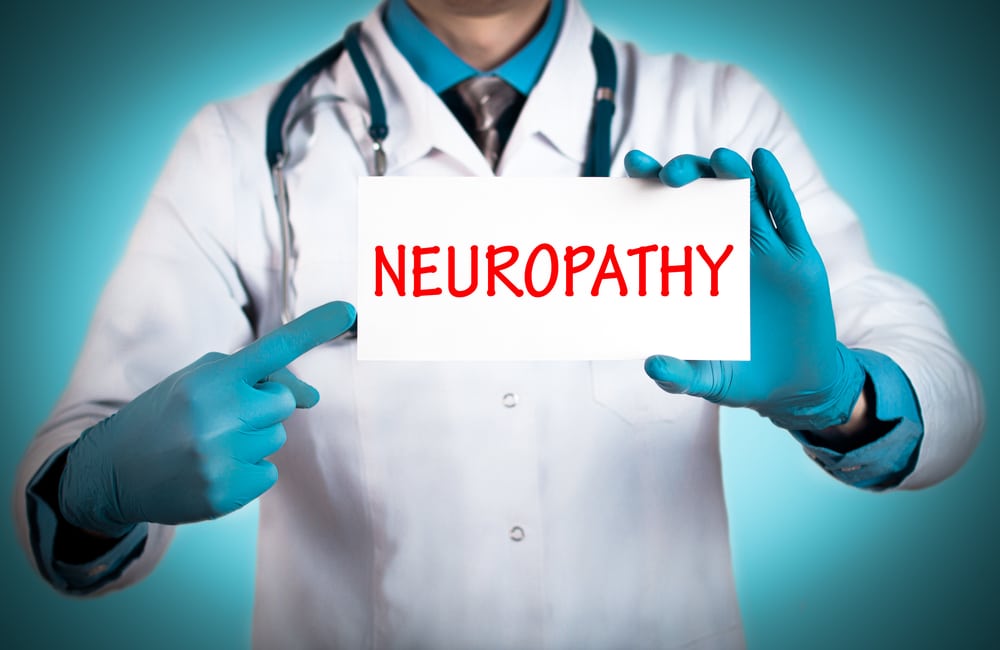
Guide to Treating Diabetic Neuropathy
A Guide to Recognizing, Diagnosing and Treating Diabetic Neuropathy
A recent study showed that in 2018, over 10% of the American population was diagnosed with diabetes. Couple that with the fact that there’s a proven correlation between rising obesity levels and Type-2 diabetes, and it’s clear this number will only rise from here.
However, there are a lot of extra problems that pop up thanks to diabetes. One of the worst among them is diabetic neuropathy. But how can you recognize and treat this condition in tandem with “normal” diabetes?
Well, look no further! We’re here to give you the guide to recognizing, diagnosing, and treating diabetic neuropathy! So without further ado, let’s jump right in.
Recognizing Diabetic Neuropathy
So what exactly is neuropathy? Well, neuropathy is a condition that results from the nerves in the body becoming damaged. Diabetes causes this thanks to the high levels of blood sugar damaging nerve sensors over time.
Neuropathy appears in four different types to boot. Peripheral neuropathy deals with pain and numbness in the arms and legs. Autonomic neuropathy targets your stomach and other organs, causing discomfort and bloating.
Proximal neuropathy involves pain located on one side of your body. Finally, focal neuropathy goes after specific nerves in the torso or head.
Some obvious symptoms of neuropathy include numbness and a tingling or burning feeling in your appendages. Differences in touch sensitivity are also common with this disorder.
Other symptoms include vomiting, bladder problems, dizziness, diarrhea, and bloating. In certain cases, erectile dysfunction and vaginal dryness have also been signs of neuropathy.
Diagnosing Diabetic Neuropathy
If you believe you have diabetic neuropathy, your doctor will perform a reflex test. This involves checking your touch sensitivity and the reflexes of your tendons. From there, your doctor can order a variety of different tests to ensure that their diagnosis is accurate.
One of these tests (sensory testing) involves seeing how your nerves respond to different temperatures. Filament tests involve brushing soft nylon over your skin to get an even clearer picture of how much touch sensation you have.
In some cases, your doctor will even recommend an autonomic test. This determines how your blood pressure flows when you sit or stand in different ways.
Treating Diabetic Neuropathy
One of the main ways doctors slow the progression of the disease is by making sure your blood sugar levels stay at healthy levels. The general guideline for fasting blood sugar levels is to stay below 100 milligrams per deciliter.
Different types of pain medication will also help treat the painful sensations that come with diabetic neuropathy. But what about the individual symptoms caused by diabetic neuropathy, at Amazing Life Chiropractic and Wellness we treat the neuropathy with a proper nutrition plan that targets nerve regeneration!
A Brighter Tomorrow
So now that you have this guide on how recognizing, diagnosing, and treating diabetic neuropathy works, you’re ready to tackle this disease head-on! If you or someone you know is suffering from neuropathic disease, contact us, and see how we can help!





